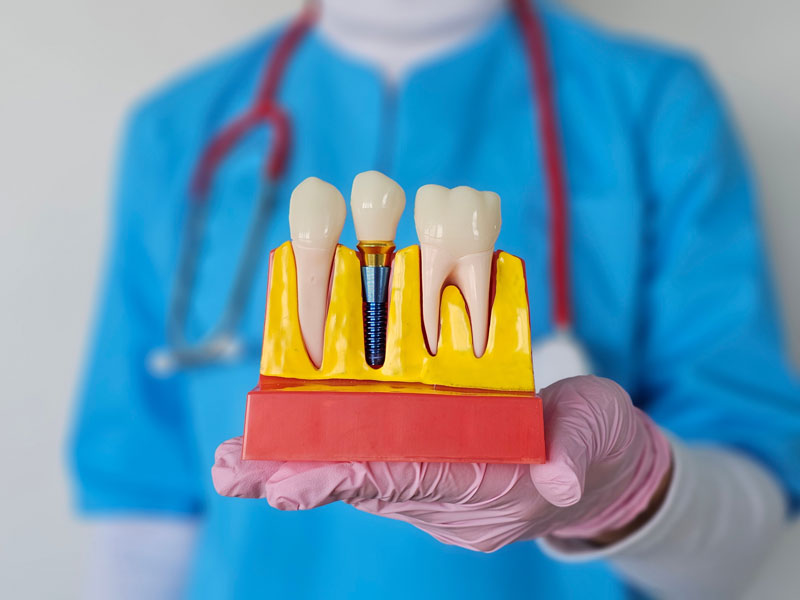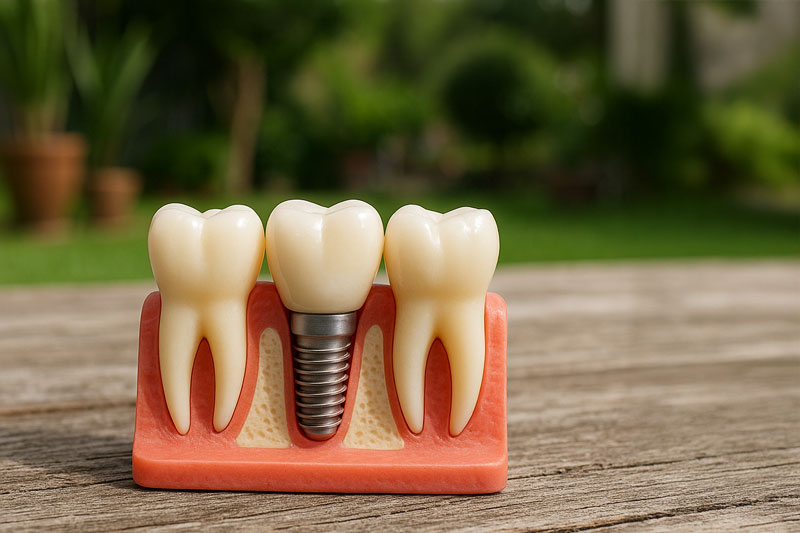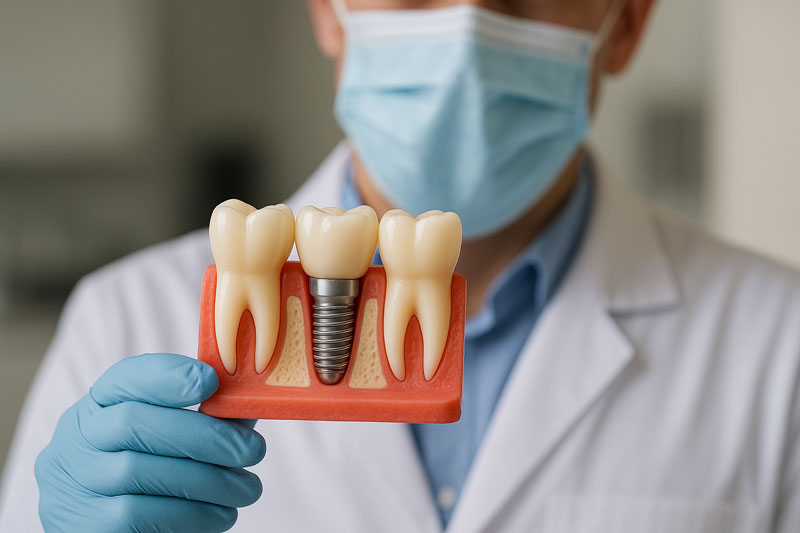Blog - Fort Wayne, IN
Tips, Facts, And The
Latest In Dentistry

How Often Should You Go To The Dentist?
It goes without saying that a big part of maintaining good oral hygiene requires regular brushing and flossing. Even more than practicing good daily oral hygiene habits, visiting your dentist for regular exams and professional cleanings is an important way to keep your teeth and mouth in good health for years to come.

How often should you go to the dentist? Here are some simple guidelines to help you determine how frequently you should schedule appointments with your dental professional.
The Importance of Visiting the Dentist
A routine dental visit is usually quick, easy, and pain-free. The appointment consists of a checkup and a cleaning. No matter how frequently and thoroughly you clean your teeth at home, plaque and tartar will accumulate on your enamel and gum line. Using specialized tools, dentists and dental hygienists deep-clean hard to reach plaque and tartar buildup that cause decay and gum disease.
In addition to professional cleanings, your dentist will perform an exam to check for any developing oral health issues. The examination may include taking X-rays of the mouth, fluoride treatment, and other preventive measures to keep oral health problems at bay. Just as you visit your general physician regularly, the goal of a routine dental checkup is to monitor the state of your oral health, prevent dental problems, and properly treat issues with teeth and/or gums as they arise.
Consequences of Neglecting Professional Dental Care
Your dentist plays a critical role in detecting dental issues in their early stages, such as decay and gingivitis. Neglecting routine professional dental care can lead to a variety of oral health problems — including bad breath, stained teeth, and decay.
Without an early diagnosis, some oral health issues can lead to more serious health problems such as dental pain, tooth loss, and periodontal disease — the most severe form of gum disease.
Furthermore, studies show strong connections between poor oral health and your overall wellness. For instance, gum disease causes bleeding, pain, and inflammation in the mouth. Without early treatment, the inflammation can affect other body parts, such as the heart, increasing the risk for heart disease and stroke.
Bottom line: Every patient has unique oral health needs and goals. While twice-yearly visits are the typical recommended number of annual appointments, how often you need to see your dentist will depend on your individual health, habits, and medical conditions.
Are you due for a dental exam or cleaning? Contact Sycamore Hills Dentistry today to schedule your next visit! We look forward to seeing you soon.




